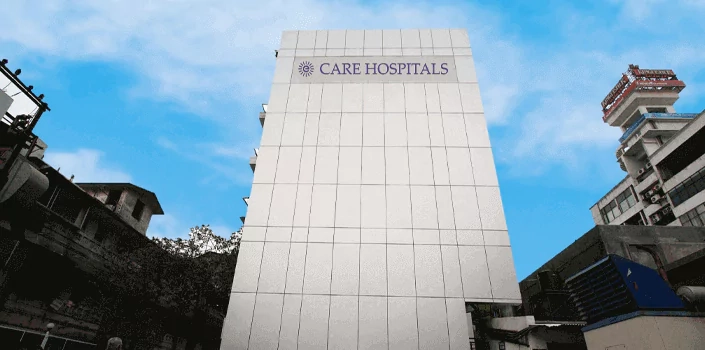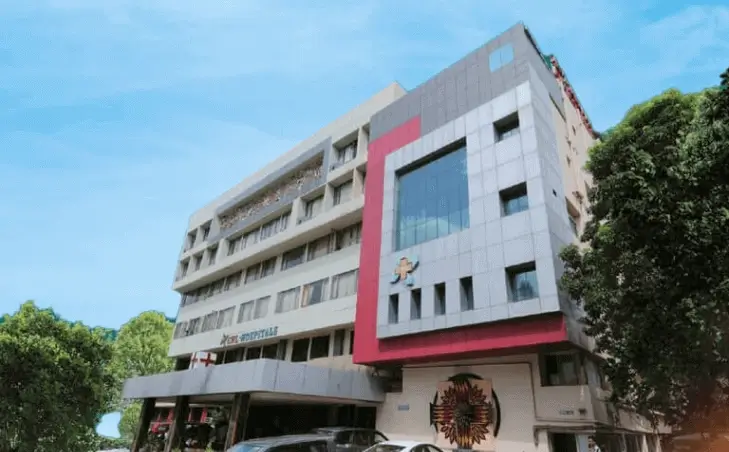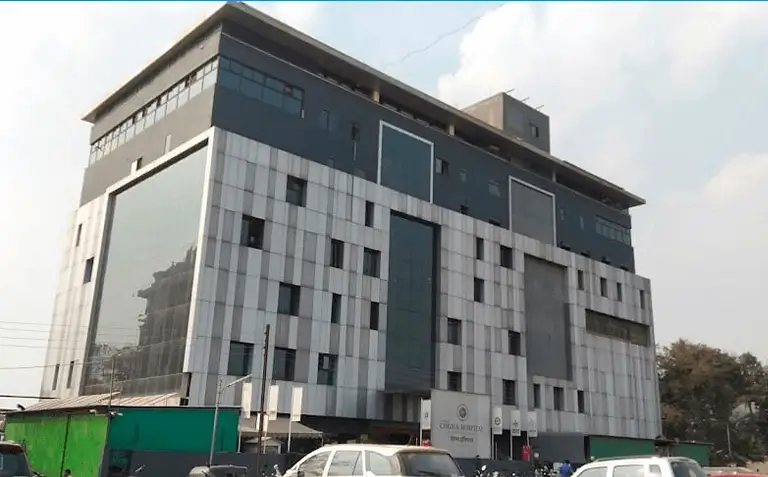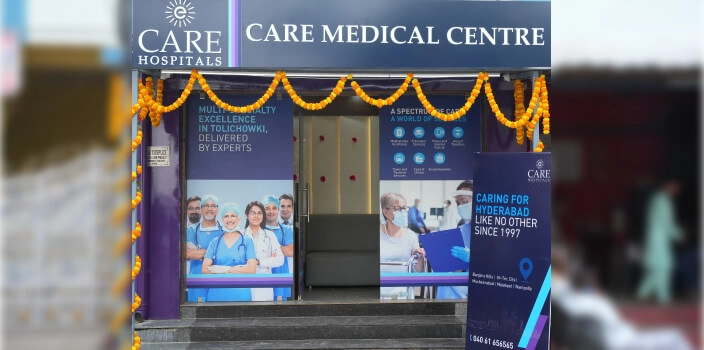-
Doctors
-
Specialities & Treatments
Centre of Excellence
Specialties
Treatments and Procedures
Hospitals & Directions HyderabadCARE Hospitals, Banjara Hills CARE Outpatient Centre, Banjara Hills CARE Hospitals, HITEC City CARE Hospitals, Nampally Gurunanak CARE Hospitals, Musheerabad CARE Hospitals Outpatient Centre, HITEC City CARE Hospitals, Malakpet
HyderabadCARE Hospitals, Banjara Hills CARE Outpatient Centre, Banjara Hills CARE Hospitals, HITEC City CARE Hospitals, Nampally Gurunanak CARE Hospitals, Musheerabad CARE Hospitals Outpatient Centre, HITEC City CARE Hospitals, Malakpet Raipur
Raipur
 Bhubaneswar
Bhubaneswar Visakhapatnam
Visakhapatnam
 Nagpur
Nagpur
 Indore
Indore
 Chh. Sambhajinagar
Chh. SambhajinagarClinics & Medical Centers
Book an AppointmentContact Us
Online Lab Reports
Book an Appointment
Consult Super-Specialist Doctors at CARE Hospitals

Best Hospital for Epigastric Hernia Surgery in Hyderabad
- Advanced Technology
- Shorter Hospital Stay
- Pre & Post-Operative Care
- All Insurance Accepted

Chat With Our Experts
Get second opinion on Whatsapp
25 lakhs+
Happy Patients
Experienced and
skilled surgeons
17
Health Care Facilities
Top most Referral Centre
for Complex Surgeries
Advanced Epigastric Hernia Repair
Epigastric hernia repair addresses a lump between the belly button and breastbone that affects adults and children alike. The umbilical and epigastric hernias are the most common abdominal wall issues.
CARE hospitals excel at minimally invasive hernia repairs and specialise in reconstructing complex abdominal wall cases. This article covers essential information about epigastric hernia repair, guiding you from preparation through recovery.
Why CARE Group Hospitals is Your Top Choice for Epigastric Hernia Surgery in Hyderabad
CARE Hospitals delivers exceptional epigastric hernia repair through its Department of Surgical Gastroenterology.
CARE Hospitals stand out because they:
- Have highly skilled surgeons with extensive experience in complex hernia repairs
- Provide complete pre- and post-operative care tailored to each patient
- Use an all-encompassing approach with surgeons, anaesthesiologists, and specialists
- Keep excellent success rates with low recurrence rates
- Address both physical symptoms and emotional concerns
Best Epigastric Hernia Surgery Doctors in India


Advanced Surgical Breakthroughs at CARE Hospital
CARE Hospitals welcomes modern surgical advances with:
- Advanced laparoscopic and robotic-assisted surgical systems
- High-definition endoscopes to ensure precise diagnostics
- Integrated operating rooms with surgical navigation systems
- Modern mesh materials for improved biocompatibility
- Minimally invasive approaches that speed up recovery
Indications for Epigastric Hernia Surgery
Surgery is recommended when you have:
- Symptomatic hernias that cause pain or discomfort
- Large or progressively enlarging hernias
- Incarcerated or strangulated hernias that need urgent intervention
- Hernias affecting your quality of life or limiting daily activities
- Recurrent epigastric hernias
Types of Epigastric Hernia Surgery
CARE Hospitals offers these surgical approaches:
- Open Epigastric Hernia Repair—uses a direct incision over the hernia site
- Laparoscopic Repair—requires small incisions and a camera for minimally invasive surgery
- Robotic-assisted Repair—adds precision to complex procedures
- Component Separation Technique—helps with large, complex hernias
Pre-surgery Preparation
Getting ready for epigastric hernia repair requires several key steps:
- Doctors need to run blood tests, review medical history, and use imaging studies to get a full picture of the hernia's characteristics.
- You must stop blood thinners and anti-inflammatory medications several days prior to the surgery as per the instructions.
- No eating or drinking after midnight before surgery
- Take a shower the night before or morning of surgery
- Someone needs to drive you home after surgery
Epigastric Hernia Surgical Procedure
Surgeons use two main approaches to repair epigastric hernias:
- Open surgery: The surgeon creates an incision over the hernia site and puts back the protruding tissue. They repair weakened muscles and close the gap with sutures or mesh. The procedure takes about 30 minutes.
- Laparoscopic surgery: This technique uses several small incisions for a camera and instruments. Patients benefit from smaller scars and recover faster with this minimally invasive approach.
Post-surgery Recovery
You can go home the same day. Your recovery starts with:
- Getting back to activities slowly over the first few days
- Taking prescribed medications for pain control
- No heavy lifting for 4-6 weeks
- Regular checkups to monitor your healing
Risks and Complications
Some possible problems include:
- Infection at the incision site
- Seroma (fluid collection) or hematoma (blood collection)
- Mesh infection or hernia coming back, though rare
- Damage to nearby tissues
Benefits of Epigastric Hernia Surgery
- Less pain and discomfort
- No risk of serious issues like strangulation
- You can move normally again
- Your abdomen looks better
- Success rates are high
Insurance Assistance for Epigastric Hernia Surgery
Your health insurance will likely cover epigastric hernia repair after the waiting period. The coverage has hospital stays, surgery costs, and care after the operation.
Second Opinion for Epigastric Hernia Surgery
Getting another medical opinion helps confirm your diagnosis and shows you different treatment options. This gives you a relaxed mind and helps you make better decisions about your care.
Conclusion
Epigastric hernia repair provides a proven solution for patients who suffer from this common abdominal condition. The surgery fixes the painful bulge between the belly button and breastbone to bring relief to patients. Modern surgical techniques have substantially lowered recurrence rates. This makes the procedure safer and more successful than before.
CARE Hospitals stands out as an excellent choice for this procedure because of their
- Highly skilled surgical team with extensive experience
- Advanced laparoscopic and robotic-assisted technologies
- Complete pre- and post-operative care
- Excellent success rates with minimal complications
The idea of surgery might seem scary at first, but epigastric hernia repair has proven both safe and effective. Patients who choose qualified medical centres like CARE Hospitals can trust their treatment experience and look forward to living without hernia pain.
Epigastric Hernia Surgery Hospitals in India
-
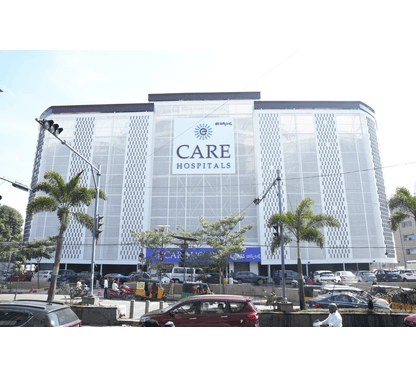
CARE Hospitals, Banjara Hills, Hyderabad
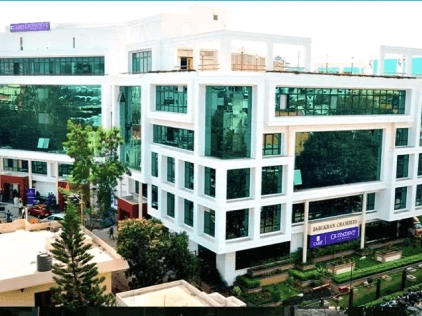
CARE Hospitals Outpatient Centre, Banjara Hills, Hyderabad
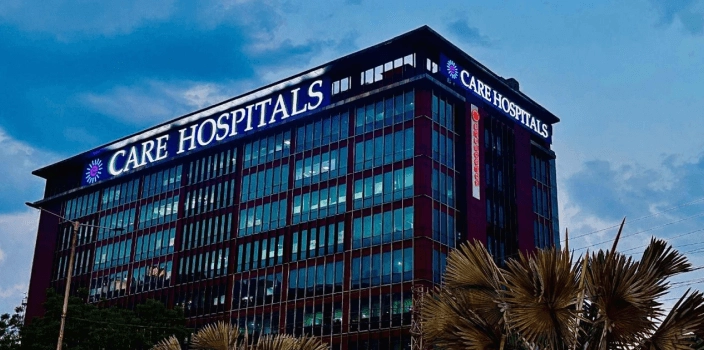
CARE Hospitals, HITEC City, Hyderabad
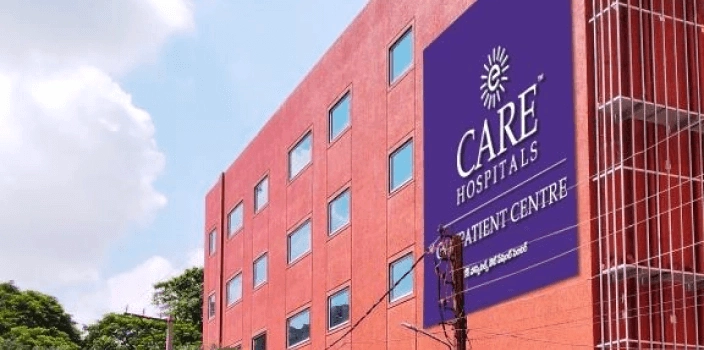
CARE Hospitals Outpatient Centre, HITEC City, Hyderabad
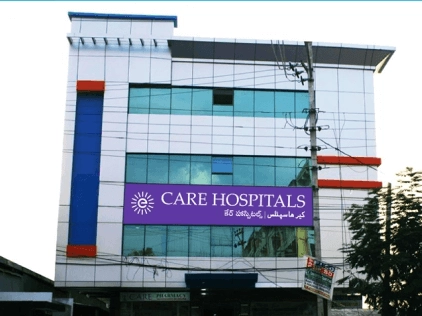
Gurunanak CARE Hospitals, Musheerabad, Hyderabad
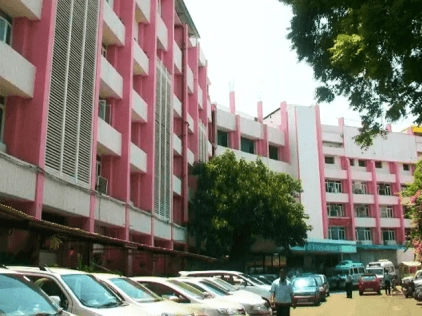
CARE Hospitals, Nampally, Hyderabad
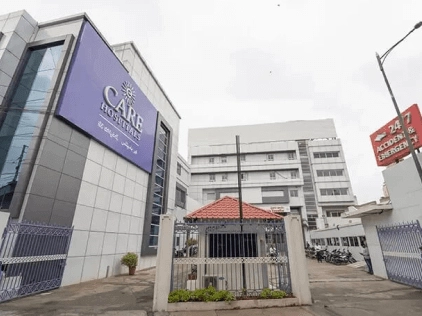
CARE Hospitals, Malakpet, Hyderabad
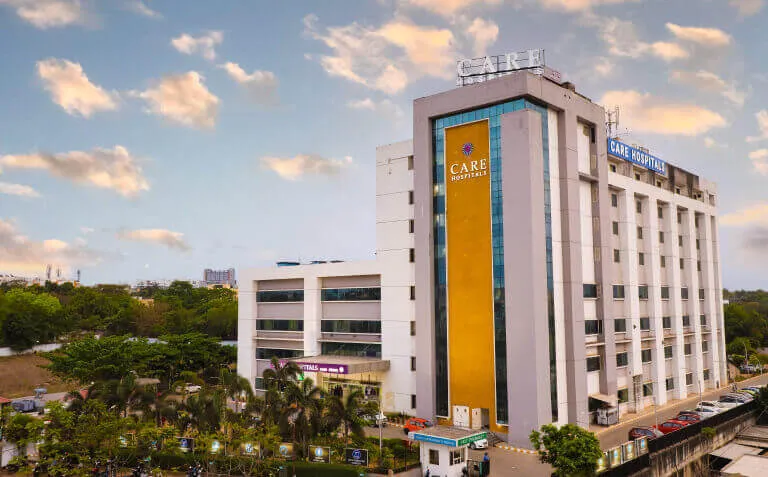
CARE Hospitals, Bhubaneswar
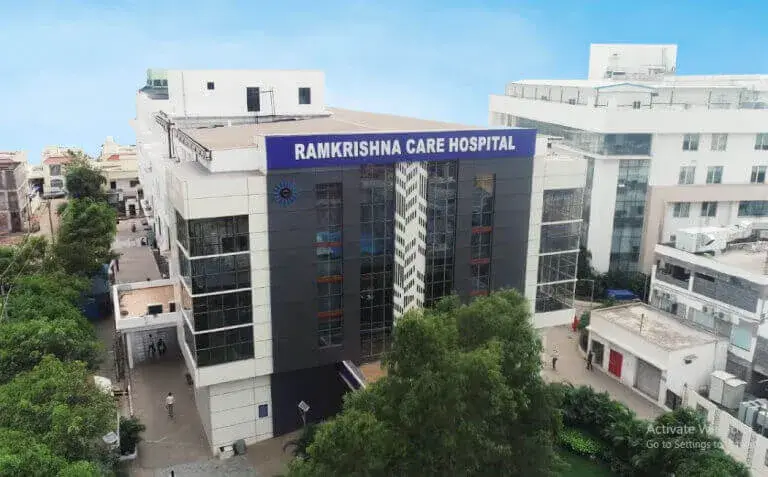
Ramkrishna CARE Hospitals, Raipur
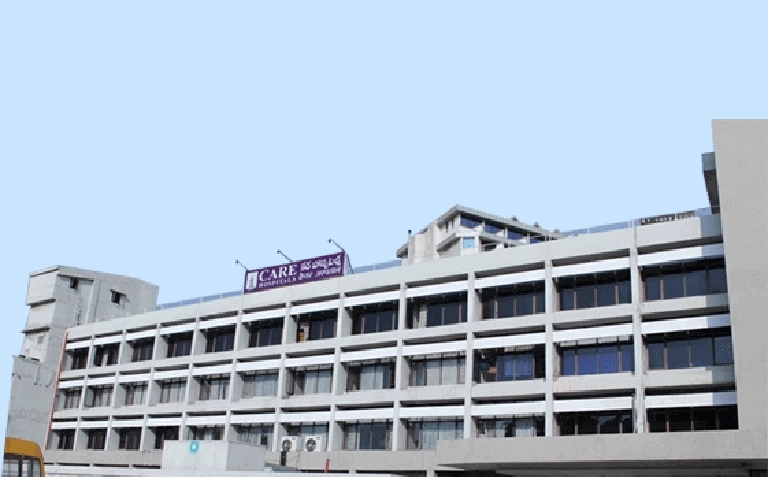
CARE Hospitals, Ramnagar, Visakhapatnam
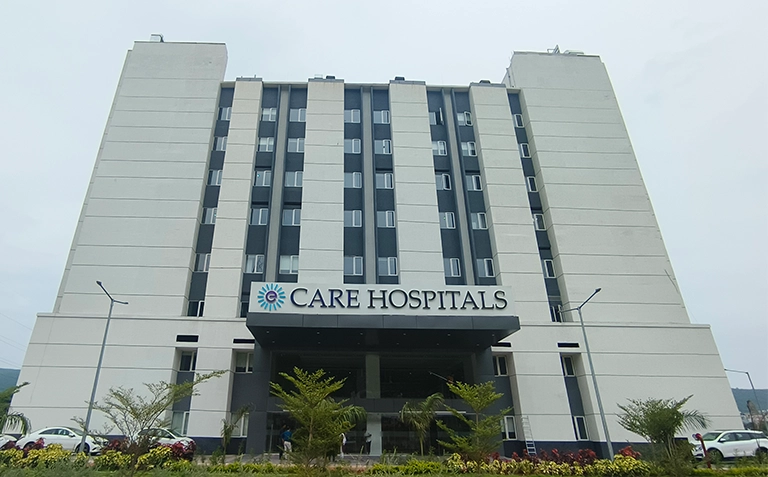
CARE Hospitals, Health City, Arilova
Related Surgeries
- Best Hospital for Thoracotomy Surgery in Hyderabad
- Best Hospital for Hiatus Hernia Surgery in Hyderabad
- Best Hospital for Incisional Hernia Surgery in Hyderabad
- Best Hospital for Pilonidal Sinus Surgery in Hyderabad
- Best Hospitals for Hepatectomy Surgery in Hyderabad
- Best Hospitals for Acute Appendicitis Surgery in Hyderabad
- Best Hospital for Thymectomy Surgery in Hyderabad
- Best Hospital for Epigastric Hernia Surgery in Hyderabad
- Best Hospital for Gastric Band Surgery in Hyderabad
- Best Hospital for Anorectal Surgery in Hyderabad
- Best Hospital for Inguinal Hernia Surgery in Hyderabad
- Best Hospital for Pilonidal Cystectomy Surgery in Hyderabad
- Best Hospital for Splenectomy Surgery in Hyderabad
- Best Hospital for Rectopexy Surgery in Hyderabad
- Best Hospital for Hemorrhoidectomy in Hyderabad
- Best Hospital for Esophagectomy Surgery in Hyderabad
- Best Hospital for Cervical Lymph Node Dissection Surgery in Hyderabad
Frequently Asked Questions
This surgery fixes a weak spot in your abdominal wall between your belly button and breastbone. The surgeon puts back any tissue that's pushing through and closes the gap with stitches or mesh.
You might need surgery if:
- Your hernia causes pain or discomfort
- The bulge gets bigger over time
- Your tissue getting trapped or damaged
- The hernia affects your daily life
Yes, it is safe with very few complications. Modern techniques have reduced the chance of a hernia coming back by a lot.
The upper belly often hurts, especially during coughing, sneezing, or standing up.
Most surgeries take about 30 minutes.
No, doctors call it a minor surgery. You'll likely go home the same day.
The surgery carries some possible risks in rare cases, like infection, bleeding, fluid buildup (seroma), mesh problems, and recurrent hernias.
Most patients return home the same day after epigastric hernia repair. Complete recovery usually takes 4-6 weeks. You can expect to:
- Get back to work within 1-2 weeks
- Handle light tasks after a couple of days
- Begin light exercise such as jogging after 2 weeks
- Resume heavy lifting after 6 weeks
The largest longitudinal study shows positive outcomes after epigastric hernia repair:
- Most people feel a big difference—less pain, less pressure, and no more bulge.
- Some people feel a little tightness or notice a scar at the incision spot.
Doctors perform epigastric hernia repair using:
- Local anaesthesia in simple cases
- Spinal anaesthesia to avoid airway instrumentation
- General anaesthesia for complex repairs
Surgery might not be suitable for:
- Patients with poor physical health
- People with uncontrolled medical conditions
- Individuals with very high BMI (≥40 kg/m²)
You should avoid:
- Heavy lifting
- Straining during bowel movements
- Contact sports
- Activities that increase abdominal pressure
CT scans effectively detect epigastric hernias, especially when you have small ones. These scans clearly reveal:
- Focal defects in the linea alba
- Herniated omental or properitoneal fat
Still Have a Question?










